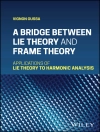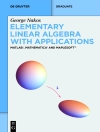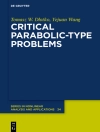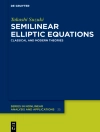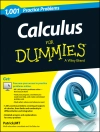This primer on averaging theorems provides a practical toolbox for applied mathematicians, physicists, and engineers seeking to apply the well-known mathematical theory to real-world problems. With a focus on practical applications, the book introduces new approaches to dissipative and Hamiltonian resonances and approximations on timescales longer than 1/ε.
Accessible and clearly written, the book includes numerous examples ranging from elementary to complex, making it an excellent basic reference for anyone interested in the subject. The prerequisites have been kept to a minimum, requiring only a working knowledge of calculus and ordinary and partial differential equations (ODEs and PDEs).
In addition to serving as a valuable reference for practitioners, the book could also be used as a reading guide for a mathematics seminar on averaging methods. Whether you’re an engineer, scientist, or mathematician, this book offers a wealth of practicaltools and theoretical insights to help you tackle a range of mathematical problems.
Innehållsförteckning
– 1. Introduction. – 2. First Order Periodic Averaging. – 3. Periodic Solutions. – 4. Second Order Periodic Averaging. – 5. First Order General Averaging. – 6. Approximations on Timescales Longer than 1/ε. – 7. Averaging over Spatial Variables. – 8. Hamiltonian Resonances. – 9. Quasi-Periodic Solutions and Tori. – 10. Averaging for Partial Differential Equations.
Om författaren
Ferdinand Verhulst was born in Amsterdam and studied astrophysicist with a specialisation in numerical analysis. He spent five years at the Technical University of Delft, which stimulated his interest in theoretical engineering. Verhulst obtained his Ph D from the University of Utrecht and became a Professor of Dynamical Systems there in 1990. He has been a visiting professor in prestigious universities worldwide and has completed five trips to Indonesia to teach mathematics, leading to three successful Ph Ds. Verhulst has authored numerous research papers and books, including five in English and two in Dutch, as well as edited two Springer Lecture Notes publications. Additionally, he founded Epsilon Uitgaven, a publishing house aimed at supporting teachers and students with Dutch language mathematics books, eventually contributing himself to a couple of their books, one on mathematical proofs and the other on chaos, both aimed at secondary school students.



